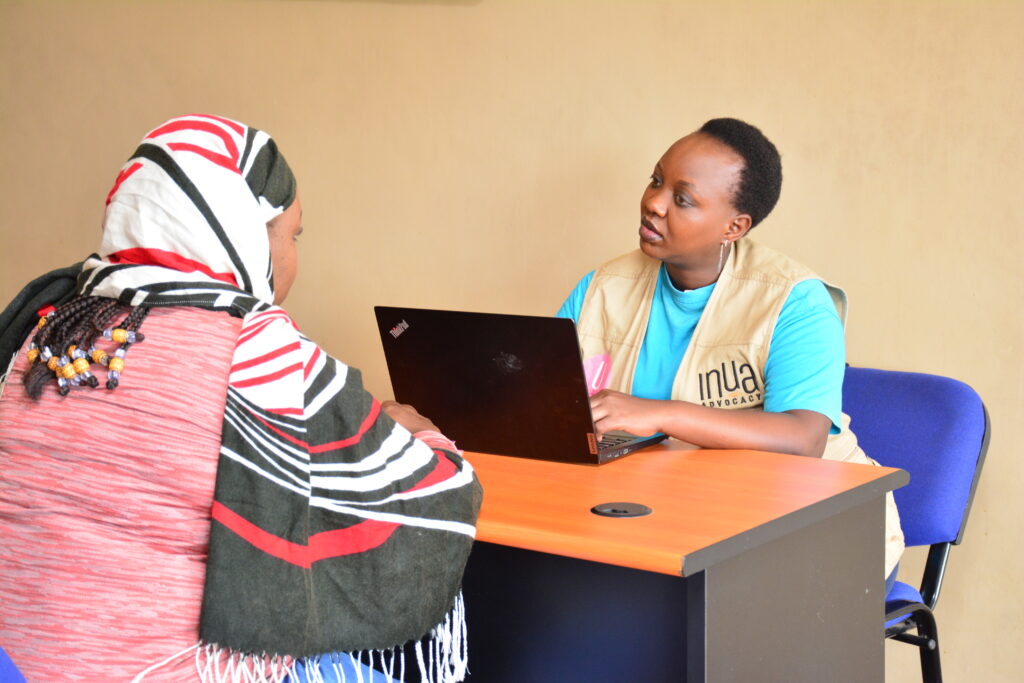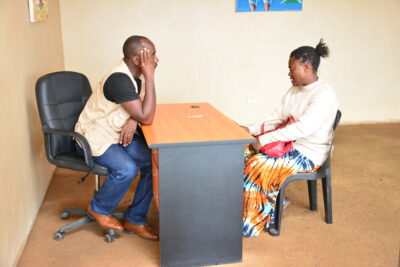
single default
A Glimpse into life at Dzaleka Refugee Camp

Life at Dzaleka Refugee Camp, Malawi, remains challenging for most residents despite the unwavering support from various humanitarian organizations. While moments of triumph exist, the daily struggle for basic necessities paints a harsh reality for many. This article delves into some of the challenges faced by refugees, the glimmers of hope that exist, and how our partners and supporters can contribute to a brighter future.
Financial Constraints: A Heavy Burden
Refugees in Dzaleka grapple with accessing basic necessities such as healthcare, education, food, water, and shelter among others. These limitations stem from financial constraints, forcing them to rely heavily on humanitarian aid. However, this places a significant challenge on organizations such as the World Food Programme (WFP), United Nations High Commissioner for Refugees (UNHCR) and others like ourselves, which are already facing funding shortages.
Additionally, restrictive policies prevent refugees from working and becoming self-reliant, further perpetuating the cycle of dependence.
The WFP currently allocates only US$5 per person per month, a meager sum that barely covers basic needs. To adequately support the 53,000 refugees and asylum seekers in Dzaleka between February and July 2024, the WFP requires US$3.5 million. Without these funds they will prioritize the most vulnerable households or completely halt their programme from June 2024. This highlights the precarious situation faced by many refugees in the camp.
Heartbreaking Stories: The Human Cost
Behind the statistics lie countless stories of hardship. Among them is a woman battling mental illness, who is unable to access the medication she desperately needs because her family cannot afford it. Another woman aged 49, despite undergoing eight rounds of chemotherapy, continues to struggle with breast cancer due to lack of resources for further treatment. And apart from that, there is a little boy diagnosed with hydrocephalus who needs ongoing medical attention, but the family’s financial constraints and limitations within the healthcare system present an insurmountable obstacle.
These are just a few examples of the human cost associated with financial burdens faced by refugees in Dzaleka. Every story represents an individual facing unimaginable hardship, highlighting the urgent need for sustainable solutions. And these accounts reflect the broader struggle that many refugees and their families endure every day, and emphasizes the need to address healthcare accessibility and affordability for all in the refugee community.
 Glimmers of Hope: Collaboration and Advocacy
Glimmers of Hope: Collaboration and Advocacy
However, despite the challenges, there are glimmers of hope in some areas. Through our partnership with the police, particularly in Dzaleka and Dowa, which led to dialogue and collaboration, we have helped to address the growing safety and security concerns among refugee motorcycle operators following a surge in incidents of attacks and thefts, especially after six refugees fell victim to these attacks between July and December 2023.
It is worth celebrating that the collaboration led to the successful recovery of two stolen motorcycles belonging to refugees. This incident not only restored valuable assets but also demonstrated the effectiveness of collaboration in mitigating risks and fostering a safer environment for the refugee community.
We remain steadfast in our advocacy efforts and strive for a future where refugees can access their fundamental rights, live with dignity, and contribute positively to their host country. Through our work, we seek to address the root causes of hardship, empower refugees, and hold authorities accountable for upholding human rights.
Join Us in Creating a Brighter Future
The situation in Dzaleka Refugee Camp remains complex, but it is not without hope. Through continued support and collaborative efforts, we can create a brighter future for the refugees who call Malawi home.
Here’s how you can contribute:
- Donate: Every contribution, big or small, can make a difference. Inua Advocacy is one of the organizations that work tirelessly to support refugees.
- Raise awareness: Share stories and information about the challenges faced by refugees. This can help raise awareness and encourage others to take action.
- Advocate for change: Support policies that promote the rights of refugees and encourage their integration into host communities.
- By working together, we can create a world where refugees are not just surviving, but thriving.
Visit our website at inuaadvocacy.org to learn more about our work and inuaadvocacy.org/donate to support us.